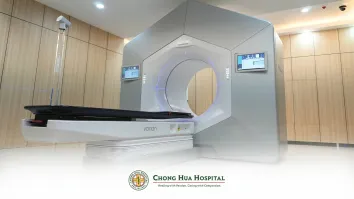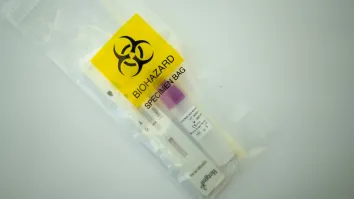
Samsung Medical launches blood-based colorectal cancer screening test in South Korea
Colorectal cancer is the third-leading cause of cancer-related deaths in South Korea.
Samsung Medical Center launched a blood-based colorectal cancer (CRC) screening test in South Korea in collaboration with US-based oncology firm Guardant Health Inc.
The rollout of the Guardant Health-developed screening test, Shield, is a response to the high rates of colorectal cancer in South Korea, with the disease becoming one of the most diagnosed and leading causes of cancer-related deaths in the country.
Guardant Health’s Shield test allows seamless detection of cancer for CRC screenings in eligible individuals, from its early stages with the analysis of circulating tumour DNA (ctDNA). ctDNA is then produced as tumours discard small pieces of genetic material into the bloodstream.
ALSO READ: Over 6 in 10 patients in China embrace digital health tracking
Currently, the Shield test accomplished 83% sensitivity for the detection of CRC for average-risk adults in the U.S., alongside a specificity of 90%.
“The Shield blood test can broaden the range of choices for colorectal cancer screening. We are confident that by introducing a high-quality blood-based screening test, we can meet the needs of both patients and healthcare providers and help improve screening compliance,” a representative from the Health Promotion Center of Samsung Medical Center stated.
Early detection is the most essential step to reduce CRC mortality. Colonoscopy and faecal tests are several of the common tests for early detection of CRC. However, compliance rates for these screenings have been stagnant since 2014.



















 Advertise
Advertise






